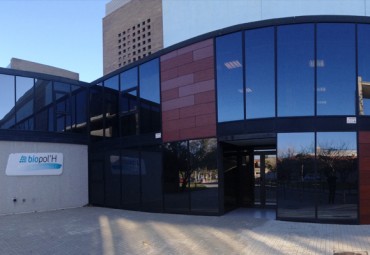This coming Tuesday we will have a talk from the PhD student in the Reward group, Paula Lopez-Gamundi. Hope everyone can make it to welcome her to the group!
Disentangling effort from probability of success: Frontal Midline Theta signals expended, but not prospective, effort demands
The ability to weigh a reward against the difficulty of acquiring it is critical for all basic decision-making. While the medial prefrontal cortex (mPFC) has been implicated in tracking both mental effort demands and net value of rewards, these findings primarily come from choice paradigms that confound increased task difficulty with decreased reward probability. To explore this issue, we designed novel tasks that kept probability of success – and therefore probability of reward – constant between mental effort demand conditions. In two experiments, participants completed an effort-based reward task that manipulated effort demand and either reward magnitude or probability of success. Electroencephalogram (EEG) data was recorded to explore an electrophysiological index of mPFC function (frontal midline theta (FMT)) and compared it to an index of incentive salience (component P300) at both cue evaluation and feedback phases. We found no evidence that FMT tracked effort demands or net value during cue evaluation. At feedback, however, FMT power was enhanced for high compared to low effort trials, but not modulated by reward magnitude or probability. Conversely, P300 was sensitive to reward magnitude and probability at cue. However, at feedback, effort demands were integrated into the saliency of rewards, so that P300 amplitudes continued to scale with reward magnitude and probability, but were also increased for high compared to low effort rewards. These findings suggest that, in the absence of option comparison and reduced likelihood of success for high effort rewards, the mPFC does not track net value but rather monitors performance. Further, expended effort increases, rather than decreases, the saliency of a received reward.
Location: Online (ZOOM). Click here to join the meeting
Or in person attendance: Modular Building, room 1.5
 |

